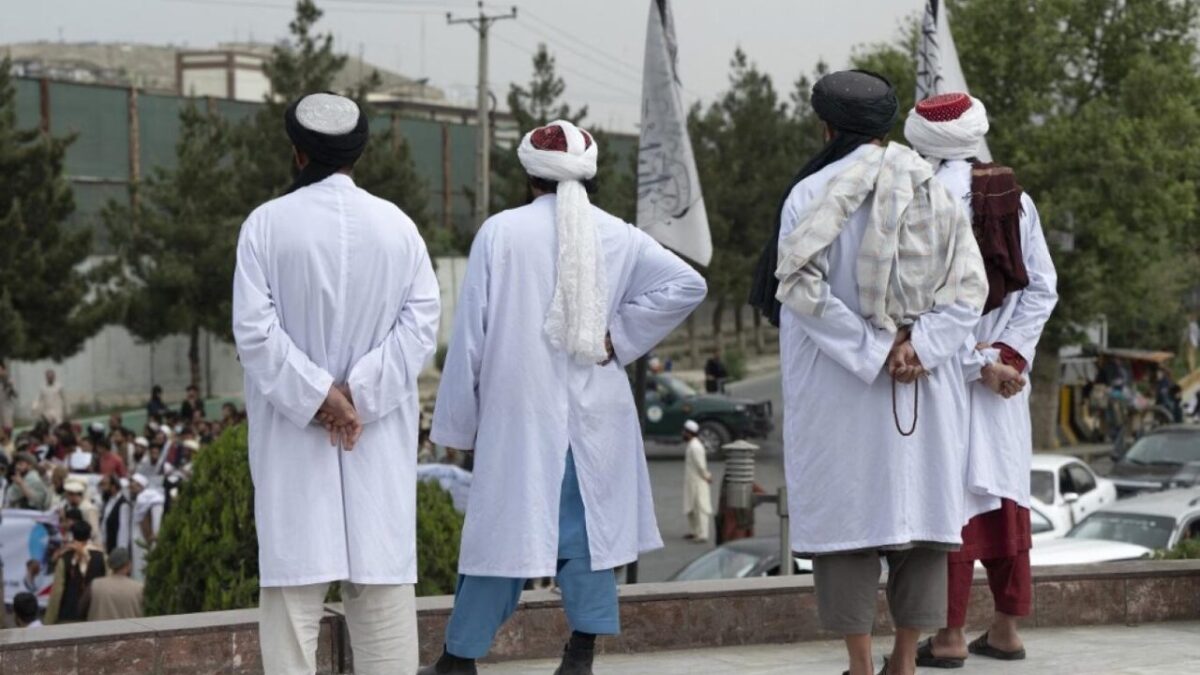Enforcers from the Taliban’s Ministry for the Promotion of Virtue and Prevention of Vice (VPVP) have arrested 24 individuals across Afghanistan in the past month, according to official figures. Among those detained is one woman.
The arrests follow the implementation of a new morality law approved by Taliban leader Haibatullah Akhundzada, which grants VPVP enforcers expanded powers. Critics argue that these new authorities have made daily life more difficult for many people, particularly women.
Data from the Taliban’s VPVP ministry indicate that the arrests took place in five provinces during the month of Jadi (December–January), which include nine in Kabul, eight in Baghlan, four in Balkh, two in Logar and one in Helmand.
Those detained were accused of offenses such as moral corruption, gambling, practicing witchcraft, or selling narcotics, according to the ministry.
The enforcement of the morality law has drawn sharp criticism from the public, with many describing it as oppressive. Women, in particular, have reported severe restrictions on their movement and daily activities.
“The morality law has made life unbearable for us,” said Gul Awaz, a resident of Kabul. “Yesterday, I saw with my own eyes how a woman was forced off a city bus by morality enforcers.”
A female resident of Badghis Province shared similar frustrations, saying, “Since the law was enacted, life has become extremely difficult. We can no longer go out freely. Our lives are constrained.”
The morality law, published in the Taliban’s official gazette on August 22, 2023, grants VPVP enforcers greater authority to regulate aspects of public life, including businesses and personal conduct. Many Afghans say the measures have tightened restrictions on shops, barbershops, and other services, further straining the economy and infringing on personal freedoms.
Activists and citizens warn that the expanded powers have created an atmosphere of fear and repression across the country, with women and vulnerable groups disproportionately affected.





